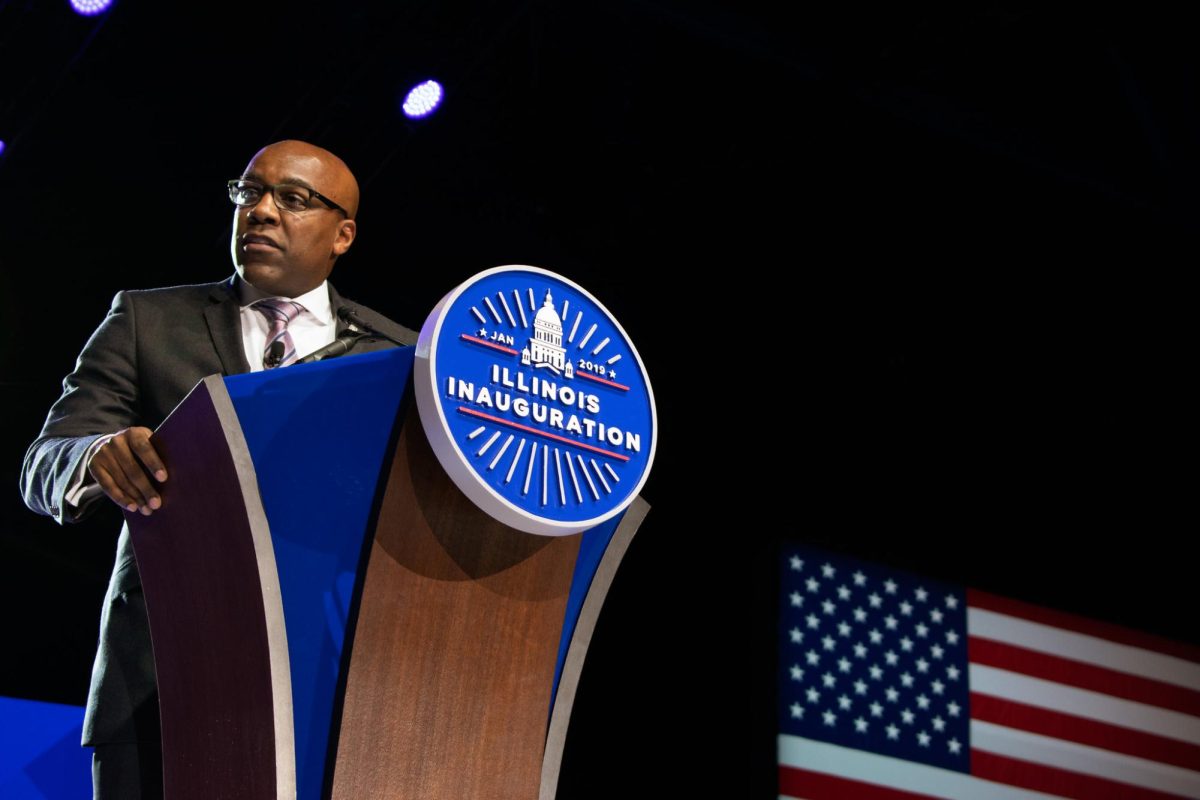That 100-person lecture could get even bigger.
Increased class sizes are being considered by University officials to allow for more out-of-state students, who pay higher tuition rates.
The tentative endorsement — which needed to be approached with caution, administrators said in a letter Wednesday — was one in a series of recommendations to increase revenue. According to the letter, which was signed by Chancellor/Interim Provost Robert Easter and Interim Vice Chancellor for Academic Affairs Richard Wheeler, this recommendation could have adverse effects.
“Class size can impact the dynamics of the learning environment as well as how students and others, including external reviewers, perceive the value of our educational offerings,” stated the letter. “Consequently, we believe that careful consideration should be given to possible adverse impacts of strategically growing the overall size of our student body.”
Easter and Wheeler released the Stewarding Excellence @ Illinois project report after a consultation team reviewed opportunities the school has to produce income.
Get The Daily Illini in your inbox!
“We agree with the overarching observation that the current fiscal circumstances present not only challenges, but also opportunities to transform how we pursue and fulfill our core land-grant missions of education, research and public engagement,” the letter continued.
The letter said that new ideas were fostered due to previous efforts in “fiscal responsibility and strategic planning,” which reduced deficits by 23 percent last year.
One of the more positively endorsed suggestions was supporting technology transfer activities and performance. Reviewing revenue generating programs and budgeting principles was also on the list.
Also touched upon were possibilities for investing in intellectual property.
The project team suggested obtaining more licensing royalties, an action made possible due to congressional legislation passed in 1980 that allowed universities to retain their titles to intellectual property created under federally funded research.
Developing new projects such as online education offerings and international partnerships were also considered.
In addition to the project report, a timetable for the recommendations was also released. Several of the revenue-generating recommendations will be implemented in “ongoing” phases, while others are still under review through Spring 2011.





